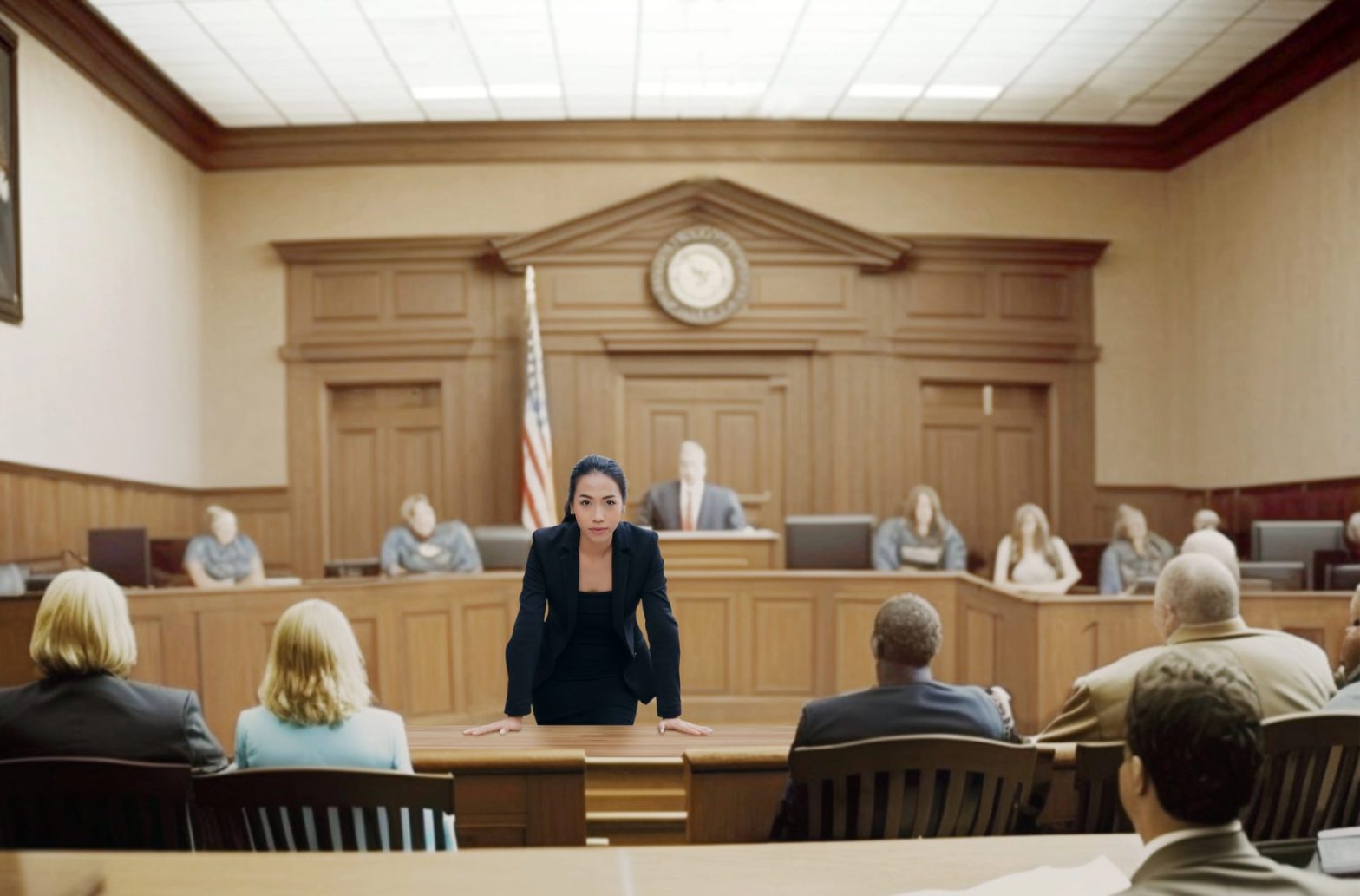The case was anything but simple – two Drexel University students, as part of their work co-op program, injured a co-worker. The co-worker, who became our client, sued Drexel University to hold them liable for the negligence of its students and for unsafe conditions at the job site. The case went on for multiple years and finally reached its conclusion. A New York Nassau County jury unanimously found Drexel University completely liable for the accident.
The Accident
Our client, a resident of New York, was the victim of an accident in which a forklift operated by two Drexel University students crushed his foot at a Long Island window fabrication company in 2018. According to court documents, the accident occurred because unqualified students working at the Jaidan Industries site as part of Drexel’s co-op program mishandled the equipment, causing a crane attachment to dislodge and strike our client.
The students were participating in Drexel’s cooperative education program, which assists in placing students at partner employers to gain work experience while still enrolled full-time at the university.
How the Case Unfolded
The filing of this general negligence lawsuit took place on January 31, 2019.The legal issue centered on whether it was possible to hold Drexel University liable for the negligence of its students, its negligence in administering/monitoring the co-op program, and unsafe conditions at the job site. Plaintiff’s Counsel argued that Drexel exercised significant control over the placement and supervision of students, treating them as students and employees simultaneously.
Evidence revealed that Drexel required students to adhere to its rules while on site, and that the university approved and monitored employers, while mandating that students complete job-related surveys and evaluations.
Plaintiff and his Counsel’s contentions focused upon:
- Vicarious liability against Drexel University.
- Negligence in assessing the work that its students would need to do.
- Negligence in exercising due caution and care in the operation, control, and management of the forklift.
- Negligence in suitably training/educating its students on how to operate a forklift.
- Negligence in disregarding safety rules and foreseeing the potential for an accident.
- Conscious disregard of a significant risk of severe injury or loss of life.
- Negligence in failing to properly investigate and vet employer partners before approval for the co-op program.
- Negligence in failing to take reasonable steps to ensure that employer partners adhered to job descriptions
- Negligence to properly and adequately monitor students during work co-ops.
- Negligence in ignoring years of student complaints against the employer partner
- Negligence in failing to terminate the co-op relationship with the employer partner when multiple complaints indicated that the employer partner was placing Drexel students and others in harm’s way.
Drexel’s legal team argued, inter alia, that the University was not responsible because the employer was solely responsible as an independent partner, and Drexel did not directly supervise day-to-day worksite conditions.
In a key pre-trial ruling, a Nassau County judge denied Drexel’s motion to dismiss the case, finding that factual disputes remained over whether the University’s control over the co-op program created a legal duty of care. The court noted that Drexel’s oversight, including requiring adherence to university policies, setting hours, approving employers, and even providing stipends in some cases, could support a finding of an employer-employee or principal-agent relationship.
The Verdict
The trial ended recently, when a Nassau County jury unanimously found Drexel University negligent, and that such negligence was a substantial factor in causing the accident. This, without a doubt, is a landmark verdict in New York, and it is highly likely to have a ripple effect across the country.
Thanks to our knowledgeable and experienced personal injury attorneys, the case reached its logical conclusion. Going forward, it is safe to say that universities are well-advised to exercise due care and caution in running their co-op programs.

